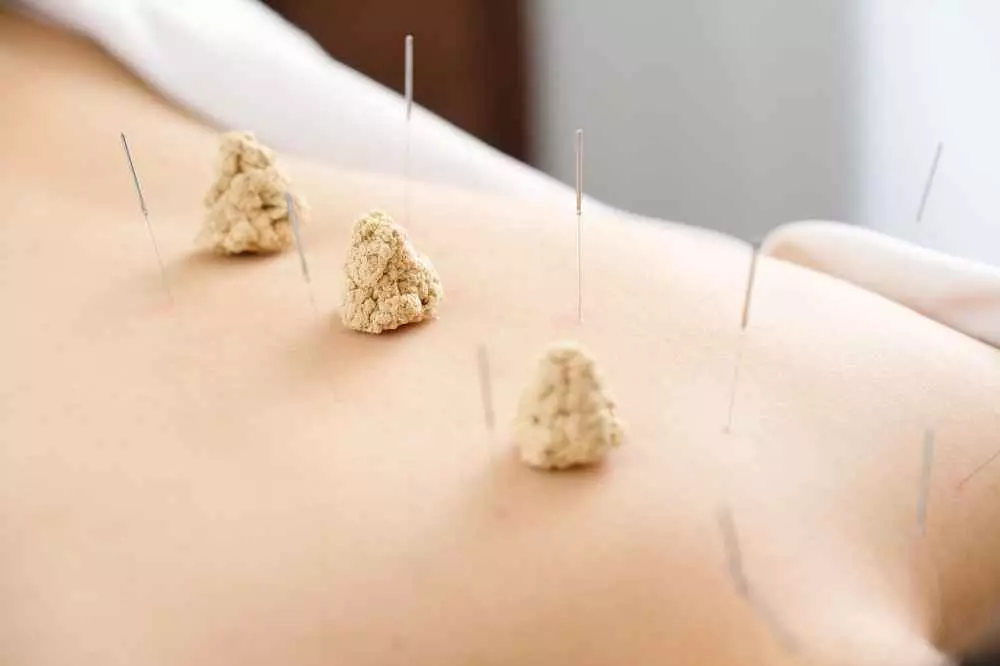Modern methods of complementary therapy in neurology and psychiatry
Modern complementary therapies in neurology and psychiatry
Neurology and psychiatry are medical fields that focus on the diagnosis and treatment of neurological and psychiatric disorders. Traditional therapeutic methods, such as pharmacotherapy and talk therapy, play an important role in these fields. However, in recent years, increasing attention has been paid to the importance of complementary therapy as a complement to traditional treatments.
Acupuncture as an effective treatment for neurological disorders
Acupuncture, an ancient treatment method originating in China, is gaining popularity as an effective complementary therapy for treating a variety of neurological disorders, such as headaches, migraines, anxiety and depression. During an acupuncture session, thin needles are inserted into specific points on the body to restore energy balance and improve the functioning of the nervous system.

Acupuncture is considered a safe therapeutic method that can be used both as a first-line therapy and as an adjunct to traditional treatments. Clinical studies have shown that acupuncture can reduce the severity of pain, improve patients' quality of life and shorten recovery time.
Music Therapy and Improving Mental Health
Music therapy, also known as music therapy, is an increasingly popular complementary therapy method in the field of psychiatry. Through the use of sound and melody, music therapy aims to reduce stress, regulate mood and improve patients' mental health.
Music therapists use various music therapy techniques, such as listening to music, playing musical instruments, singing and improvising. The method of therapy is individually tailored to the patient's needs and preferences. Scientific studies confirm the benefits of music therapy, such as reducing symptoms of depression and anxiety and improving cognitive functioning.
Massage and its effects on the nervous system
Massage, long known as a method of relaxation and relieving muscle tension, is also proving to have positive effects on neurological health. During a massage, pressure, manipulation and stretching of soft tissues are thought to improve blood and lymph circulation, increase muscle elasticity and stimulate the nervous system.
The benefits of massage for mental health are well documented. Studies show that regular massage sessions can reduce levels of cortisol, the stress hormone, improve sleep quality and alleviate symptoms of depression. Massage is often used as an adjunct to traditional therapy for patients with mood and anxiety disorders.
Applications
Modern complementary therapies, such as acupuncture, music therapy and massage, are increasingly important in neurology and psychiatry. Patients and medical professionals alike recognize the benefits of complementing traditional treatments with modern complementary therapies.
While complementary therapy does not replace traditional medicine, it can be a valuable complement and help improve therapeutic outcomes. It is worthwhile to pay attention to the development and research of these modern methods in order to provide patients with comprehensive and effective health care.